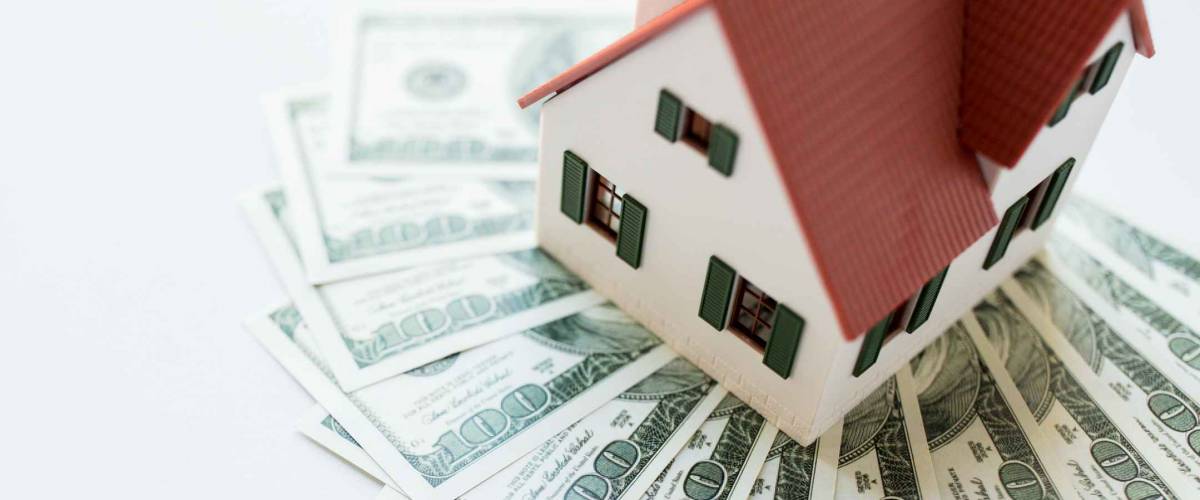Table of Content
Additionally, the borrower may not even need to pay the VA funding fee. If the veteran is awarded disability compensation after the loan closes, it may be possible to obtain a refund of the VA Funding Fee. There are situations where the exemption status isn't clear cut.
Well calculate your funding fee as a percentage of your total loan amount. Your origination charge compensates not fully, mind you your mortgage lender for taking on your loan application and doing the considerable upfront work to start processing your mortgage. A down payment of 5% will result in a first time funding fee of 1.5%, greater than 10% will be 1.25% of the loan. If the VA is still processing your medical claims at the time the loan application is being reviewed, you may not have an official VA rating on the books. Those currently paid VA compensation for a service-connected disability. Send proof to the Department of Veterans Affairs that the funding fee has been paid or that the veteran is exempt from the fee .
VA Funding Fee for Purchase Loans
Just like most fees related to mortgages, the VA funding fee is due upon the loan closing. VA loans are very popular thanks in part to the 0% down payment requirement. No money down is a huge advantage, especially for a first-time home buyer.

One of the more common is Veterans with disability claims pending at the time of their loan closing. In the simplest terms, the funding fee exists to offset costs that occur due to VA guaranteed loans that default. The fee also helps relieve U.S. taxpayers the full burden of backing the loans. The Department of Veterans Affairs receives all of the funding fees to assure future availability of VA loans to service members. If your military service makes you eligible for a loan backed by the U.S. Department of Veterans Affairs , you might save thousands of dollars if you also qualify for a VA funding fee exemption.
What Is A Funding Fee On A Mortgage
Whether you’re buying a new house or refinancing an existing mortgage into a VA loan, you’ll still need to pay closing costs, just like any other home loan. VA loans are a bit distinct in this regard, though, since they require borrowers to pay a VA funding fee to close on a new mortgage. Motivated home sellers can also pay the funding fee as well as some closing costs, including the appraisal, title, and loan origination fees.

You’ll pay the same amount on a VA cash-out refinance funding fee as you would on a typical refi. In many cases, VA funding fees can be significantly lower than the down payment you might otherwise have put down on the same property using a conventional mortgage. While they add an extra closing cost to account for, remember that VA loan fees allow for the continuation of veteran assistance programs that have helped thousands of families buy a home.
Some Veterans Are Exempt From The VA Loan Funding Fee
VA funding fees for home buying range from 1.4% to 3.6% of the loan amount, while fees for a VA refinance range from 0.5% to 3.6 percent (for a repeat VA borrower using a cash-out refinance). The VA needs to have the cash reserves to pay for any potential loan foreclosures that they have guaranteed. Because of this, the VA Loan funding fee is required by federal law to have veterans help pay for the benefit of being able to buy a house with no down payment. Your lender and VA regional loan center will have more information on how to obtain a VA funding fee refund and if your specific situation qualifies. If you’re uncertain about whether you qualify for VA disability benefits, you can check with the Department of Veterans Affairs to determine your status.
The VA funding fee is a one-time fee paid to the Department of Veterans Affairs, and it supports the VA home loan program. Veterans who put down less than 5% on their home purchase will pay 2.3% of the loan amount when buying a home for the first time, and they’ll pay a funding fee of 3.6% on subsequent loans. VA borrowers can pay less on the funding fee by putting down more money on the home. The VA loan funding fee is an administrative fee added to most VA mortgages. The amount varies based on your circumstances; first-time buyers with zero down pay a 2.3% funding fee while repeat VA loan users could pay up to 3.6 percent.
You can pay your funding fee upfront as part of your closing costs, or you can bundle the expense into your loan amount and finance it over the term of the loan. While the VA requires most borrowers to pay the VA funding fee, not every borrow must. A handful of exemptions exist, including borrowers who receive compensation for service-connected disabilities.
If your tribe participates in the NADL program, the funding fee is 1.25% of the loan amount for a purchase loan and 0.5% for a refinance. Beginning on January 1, 2020, the VA modified the schedule for VA Loan Funding Fees. A little background is that the Blue Water Navy Vietnam Veterans Act, enacted by Congress in 2019, amended the VA Loan programmer and introduced new benefits for veterans of the Vietnam War.
The VA funding fee is due at the time of closing and is included as one of the closing costs a borrower must pay. Through the VA mortgage program, veterans, active duty military members, and qualifying surviving spouses have access to a range of loan products. If the funding fee is 2.3%, that uses up over half of the allowed amount of seller-paid closing costs. Still, it could be a wise choice to have the seller pay this fee for you if you’re short on upfront cash. For all VA IRRRL loans, the funding fee is just 0.5% of the new loan amount, no matter how many times it’s used.
In many hot housing markets, though, conditions favor sellers, so you might get pushback or a flat-out no if you ask for a sellers help. If you’re able to make a down payment of at least 5% on your home, but less than 10%, your VA loan funding fee will be 1.65%. This holds true whether it’s your first VA loan or a subsequent one. With a down payment of 10% or more, your VA funding fee will be 1.4% whether or not it’s your first time.
But those who are not exempt from the VA loan funding fee may want to consider making a down payment because it can lower the amount of your funding fee. Department of Veterans Affairs loans provide fixed-rate and adjustable-rate financing on primary residences for veterans and other borrowers who meet the eligibility requirements of the VA program. On a 30-year, $300,000 purchase mortgage at 4% with 0% down, your monthly payment would be about $1,430 for just principal and interest — not taxes, insurance or anything else. The VA funding fee for a first-time VA borrower would be $6,900 (2.3%).

No comments:
Post a Comment